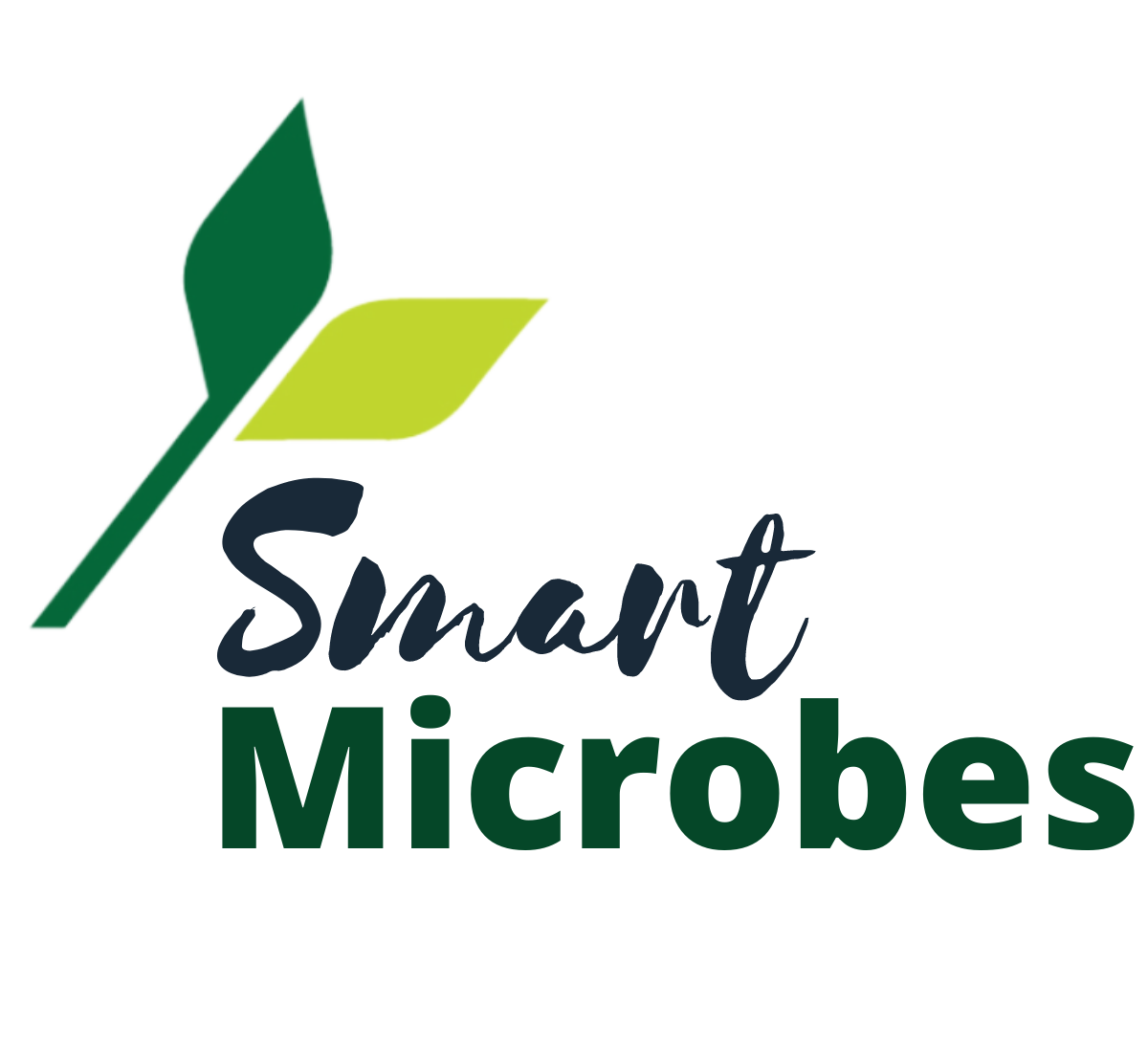
The widespread use of chemical pesticides has a negative impact on climate change, resulting in extreme weather patterns and changes in our natural resources, endangering farmers’ ability to preserve and maintain crop quality and productivity, and ultimately driving the demand for greener alternatives. Biopesticides are an environmentally benign option, and as demand increases for biocontrol products, so does the issue of supply and production of biopesticides. With a focus on microbes, Smart Microbes has created the technology to increase microbial productivity, which will bring bioprotection to the forefront of the industry.
Classes of Bioprotection
A natural derived substance used to control pests by interrupting the mating or using scented plant extract to attract the pests to traps. However, synthetic pesticide will kill the pest instantly and have toxic effective on the environment.
Are made from microorganism such as, bacterium, fungus, virus or protozoan and function as a biocontrol agent. Microbial pesticides works to control many kinds of pests and depending on the ingredients used, it will be specific to the targeted pest.
PIPS (Plant-Incorporated-Protectants) are pesticidal substances produced by when genetic material added to the plants usually through genetic engineering when a specific Bt pesticidal protein is introduced into the plant genetic material.The plant in turns controls pests by producing the pesticidal substance when it is under pests infestation.
Technology Overview

Smart Microbes expanding technological capabilities led to the development of our proprietary Solid Substrate Mass Production. Our technology fulfills the manufacturing shortfall with an improved scalable method from the traditional processes by creating a more optimal environment to mass produce biopesticides for crop protection against disease and pest. Coupled with our vast consortium of micro-organisms and our competitive edge, we have broadened our reach in the industry and allowed us the capability to develop and mass produce biopesticides to fulfill high volume demands in a shorter period of time to sustain better agricultural practices.
Areas of Focus and Development
Metarhizium anisopliae
Metarhizium anisopliae is a fungus that grows naturally in soil and works like a natural guard against insect pests, such as thrips, mites, whiteflies, ticks, weevils and aphids and helps to eliminate these pest wherever they are present by overpowering pests by germinating over their bodies causing them to die.
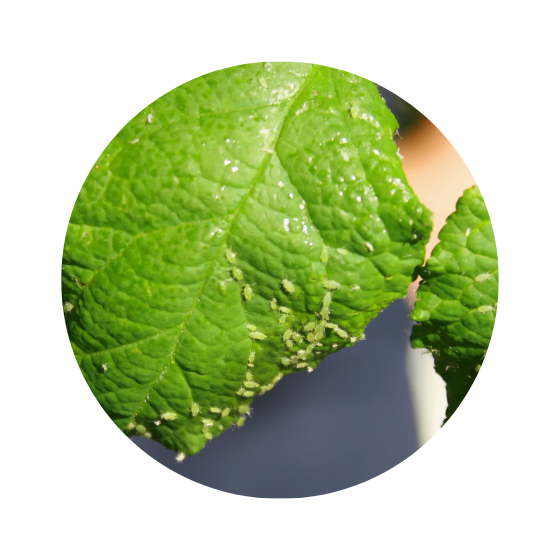
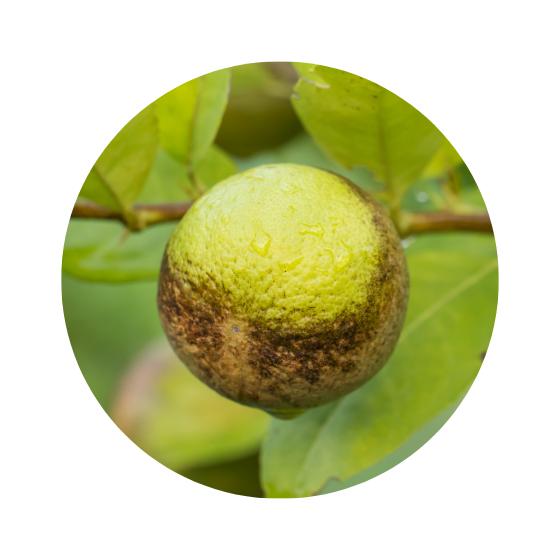
Beauveria bassiana
Metarhizium anisopliae is a fungus that grows naturally in soil and works like a natural guard against insect pests, such as thrips, mites, whiteflies, ticks, weevils and aphids and helps to eliminate these pest wherever they are present by overpowering pests by germinating over their bodies causing them to die.
Bacillus thuringiensis
Bacillus thuringiensis Subsp. israelensis (Bti), is a natural soil bacteria found in our environment. Bti acts like a natural trap for fungus gnats larvae and will effectively eliminate fungus gnats larvae.
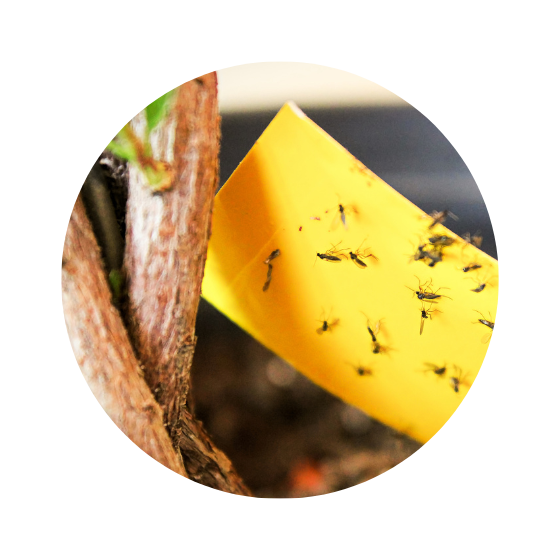
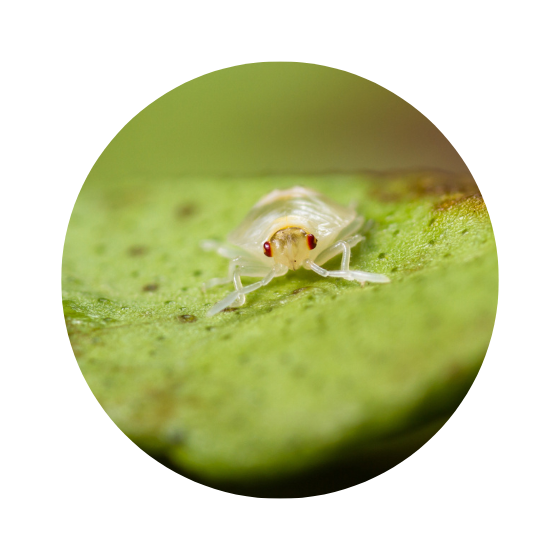
Hirsutella thompsonii
Hirsutella thompsonii is a natural fungus existing in our environment. This particular fungus is a natural enemy to russet mites, spider mites and other various mite pests that are of agricultural importance because of their destructiveness to plants and crops.
Streptomyces griseoviridis
Streptomyces lydicus
Ampelomyces quisqualis
Trichoderma Fungi
Hirsutella thompsonii is a natural fungus existing in our environment. This particular fungus is a natural enemy to russet mites, spider mites and other various mite pests that are of agricultural importance because of their destructiveness to plants and crops
At Smart Microbes our collection of Trichoderma fungi includes Trichoderma harzianum, Trichoderma viride and Trichoderma virens. With our trio of Trichoderma we are able to formulate unique and viable Trichoderma biocontrol solutions for agriculture.
Trichoderma harzianum
This particular strain of the Trichoderma fungi is able to colonize most plants roots and established itself as a rhizosphere. It is used a biocontrol agent during crop production to prevent soil-borne diseases such as, Fusarium, Phythium and Rhizoctonia and other pathogens from colonizing the soil, to keep plants from the harmful diseases.
Trichoderma viride
Trichoderma viride is especially viable to economically important crops as a biocontrol for seed and soil-borne pathogens, such as, root rot, seedling disease, charcoal rot , wilt, collar rot etc. It is also, promotes vigorous plant growth by various mechanisms.
Trichoderma virens
A beneficial plant fungus which enhances biomass production and promotes lateral root growth. Trichoderma virens forms a very effective relationship with plants, not only as a growth promoter, but as a biocontrol agent usefully in controlling pathogens, such a damping-off disease common in greenhouse production.
